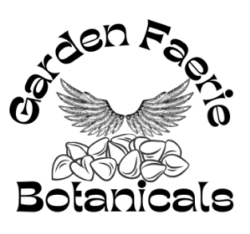Citrullus lanatus I got these seeds from the Sandhill Preservation Center. They wrote this description about this variety: Arikara- 75 days- we are thankful to Darian Kath at Knife River Indian Village National Historical Site in North Dakota that sent us the fresh sample of this. I first saw this variety in early August of 1984 at the Museum of the Fur Trade in Chadron Nebraska. Small vines, hand sized fruit that was very seedy. At one point in history it must have been a taste treat for the farming Native Americans and early white settlers of the high plains. Now with so many larger less seedy and sweeter types it has probably past its glory time. I maintained it for many years losing my supply to some seed weevils. I am pleased to have it again. I challenge folks to grow a sample maybe just a plant or to to see how plant breeding ( not genetic engineering ) has changed this primitive sort into the modern more favorable cultivars. Too often in todays easy gratification world we forget how great something like this must have tasted before the high surgery sodas and refined sugar products of today. Planted July 20 in 2021 it grew in minimal moisture and produced melons in early October.
*** I do not know how this variety survived the drought and neglect. I planted them far away in a corner of the garden and forgot about them many times, only to find the plants wilted and without water for many, many days. It is a true survivor!
These watermelon seeds are available directly from Garden Faerie Botanicals in the heart of British Columbia, Canada. The collection features heirloom and heritage seeds that are personally cultivated organically without the use of any chemicals. Emphasizing historical, rare, non-GMO seeds, this selection preserves biodiversity through open-pollination.








Reviews
There are no reviews yet.